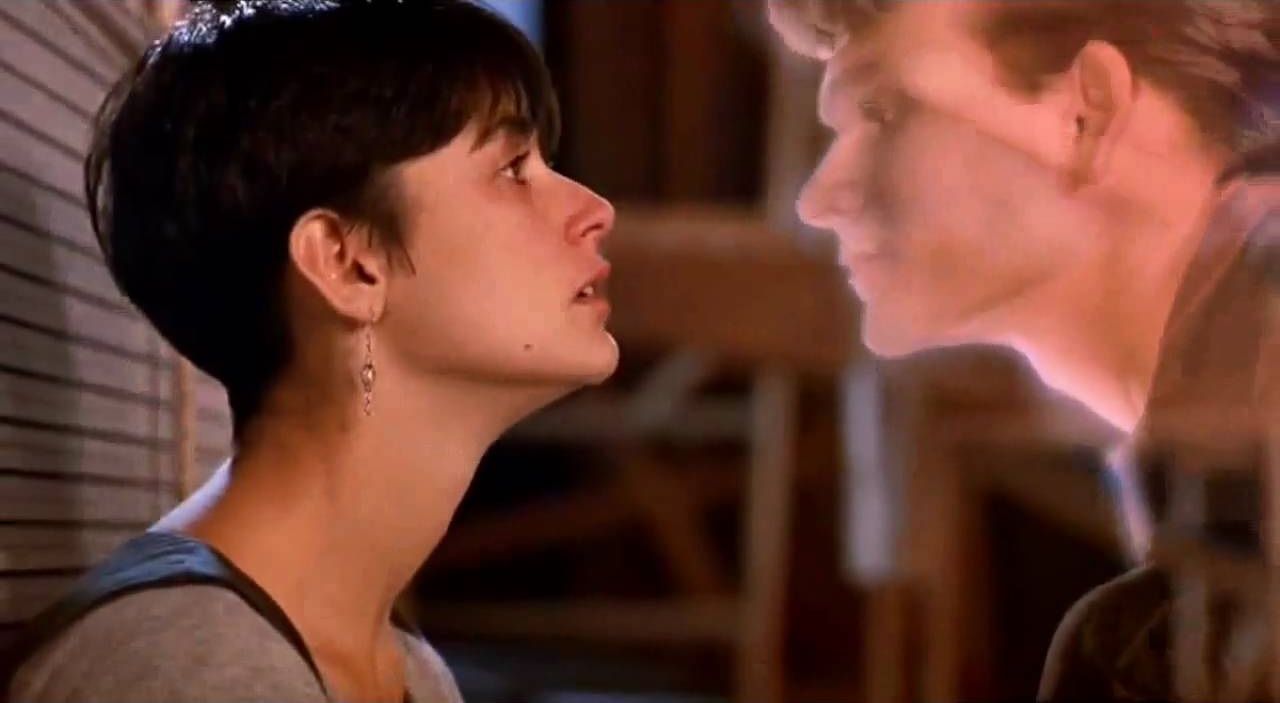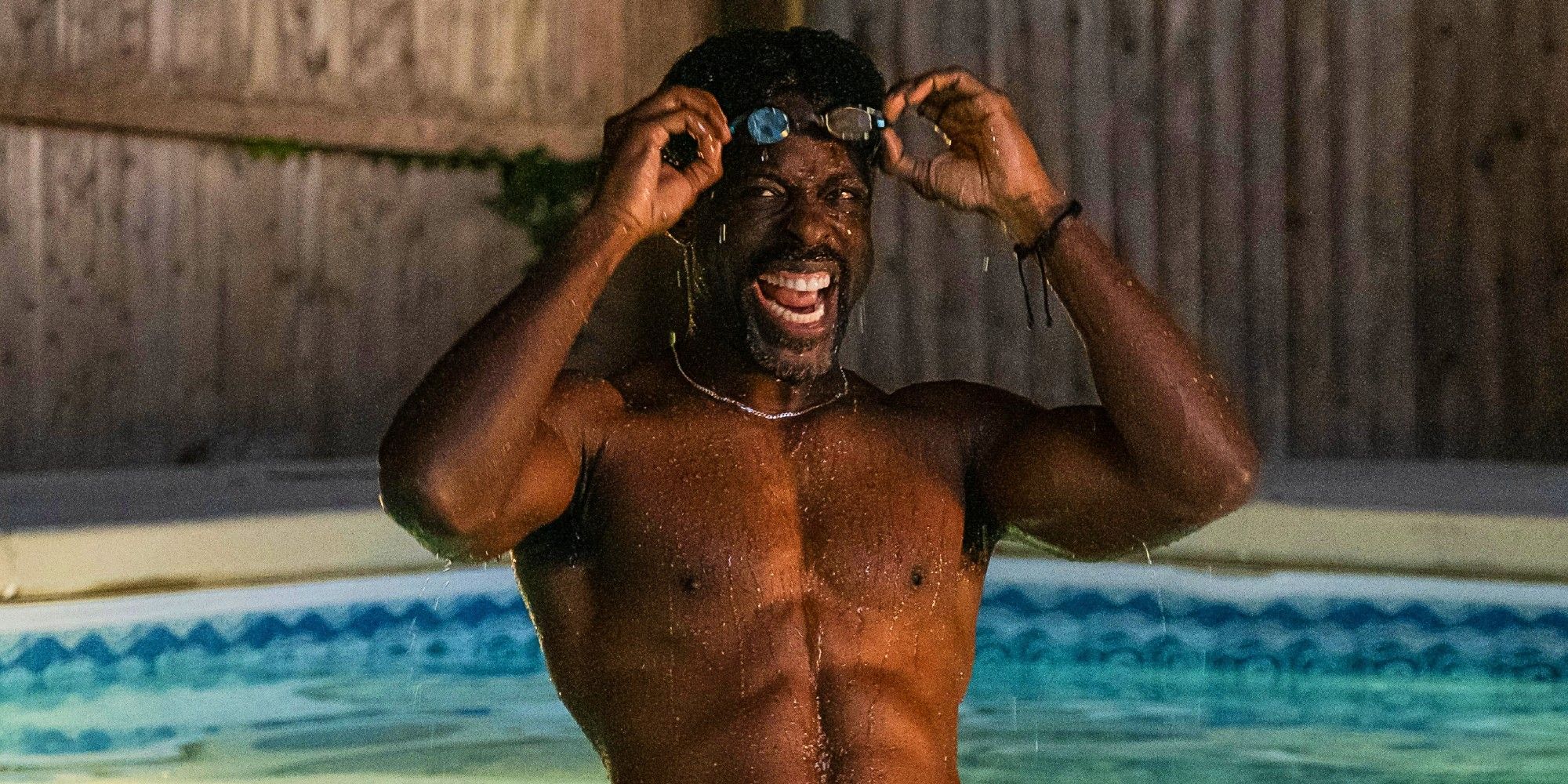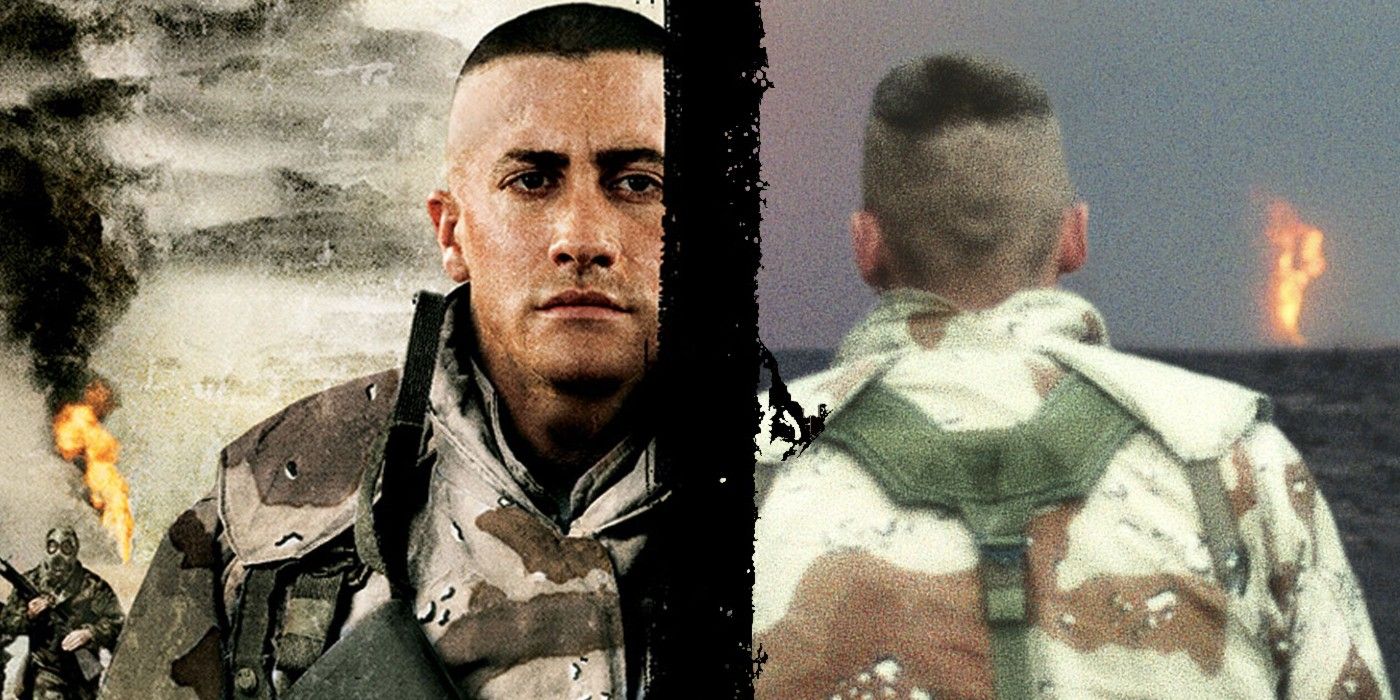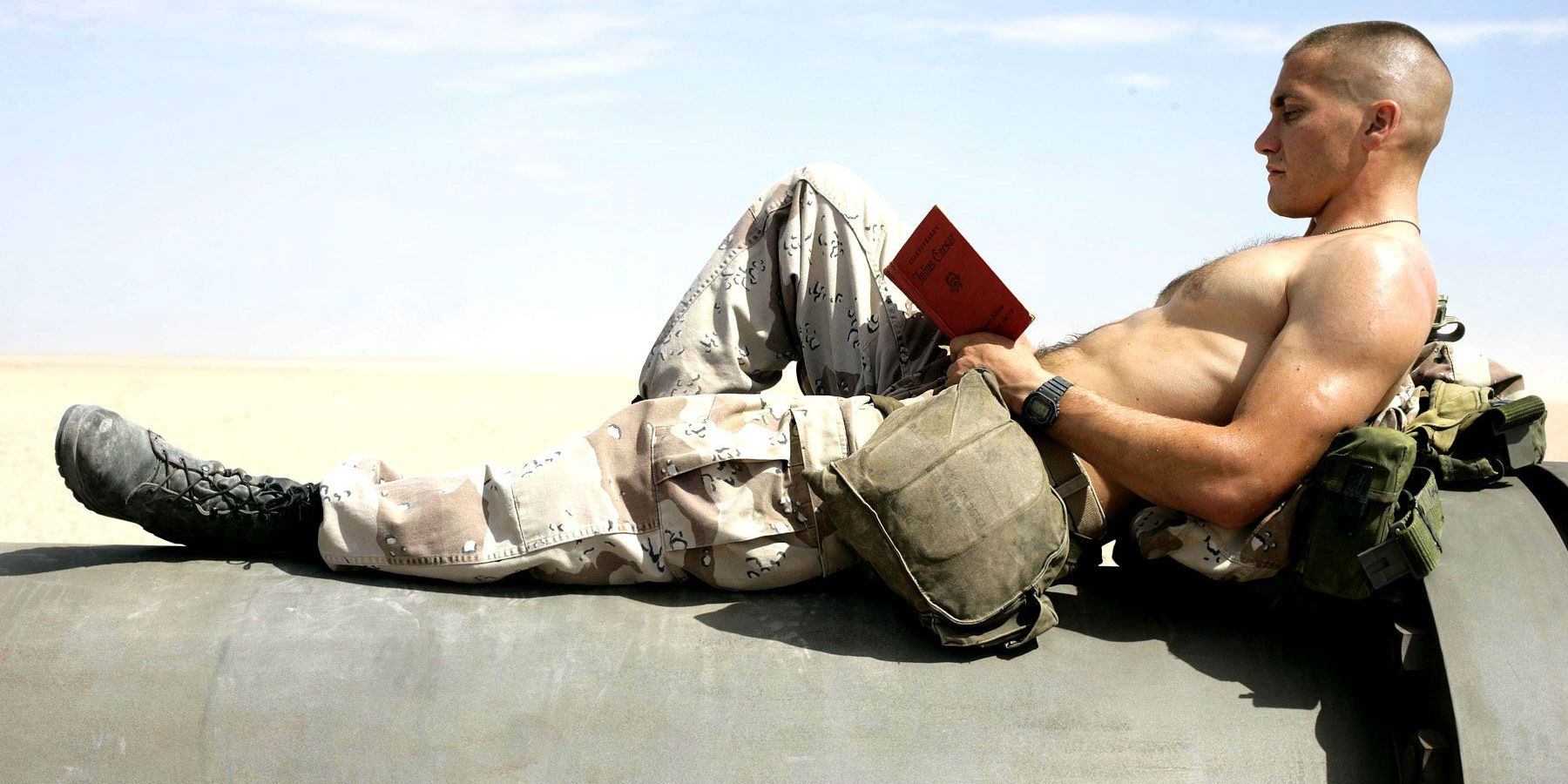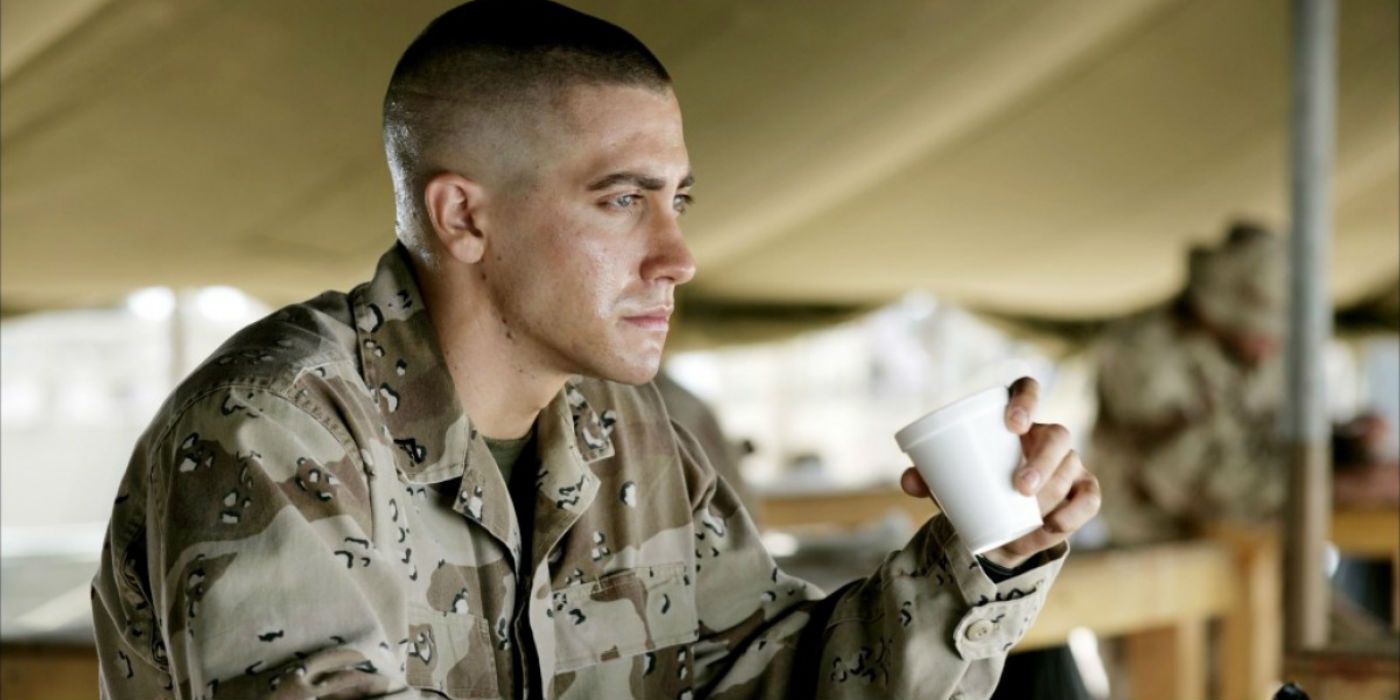Jarhead, based on the book Jarhead by Anthony Swofford, is considered one of the most accurate war movies to date. Swofford was a member of the Surveillance and Target Acquisition (STA) Platoon in the Gulf War, a platoon largely made up of snipers that generally contained some of the better Marines in the battalion. His book follows his life in the Marine Corps and is based heavily on his accounts of various situations he encountered while stationed in Saudi Arabia during the Gulf War, from the fall of 1990 into early 1991.
Many know the film Jarhead for popularizing the phrase “welcome to the suck.” Directed by Sam Mendes and written by William Broyles Jr., Jarhead follows sniper Anthony Swofford (Jake Gyllenhaal) and his best friend and spotter Alan Troy (Peter Sarsgaard) as they endure rigorous training with a small unit of scout-snipers led by Staff Sgt. Sykes (Jamie Foxx). While Jarhead is of course a military movie, much of the typical action portrayed in a major motion war picture is absent, as Jarhead instead offers a look into the reality of a day in the life of a marine stationed in the desert during the Gulf War and the truth behind those many hours spent waiting.
Many current and former Marines have criticized Swofford’s book for being too harsh on the Marine Corps and not accurately portraying the true spirit of the Corps. But Jarhead is a war movie that rises above the war and focuses on an individual soldier’s tale, and with that comes a subjective observation about Swofford's own experiences during that war. With all that in mind, Jarhead as a film successfully captures the urgency and individuality that all stories have, while at the same time portraying the truth behind the reality of a soldier’s life and the relationships with other service members during the Gulf War. Because of this, Jarhead has put itself on the list as one of the most accurate war movies to hit the big screen.
How Accurate is Jarhead to the Marine Corps & Gulf War
Jarhead finds the true value within one of the great secrets of the Marine Corps: that beneath the thin layer of cynicism is a deeply idealistic group. Swofford describes his misfit band of brothers, but alludes to how one’s background doesn’t matter in the Corps. No matter someone’s race, ethnicity, or religion, what lies within is an intrinsic brotherhood formed by simply being Marines. Through tough training and camaraderie, to the smaller facets of how their loved ones are back home, the Marines conformed to a sense of themselves and the Corps.
Swofford’s book was published before the 2003 assault on Baghdad, an event that changed the way war has been fought since. Jarhead was released in 2005 and by that point the reality of war had changed drastically from the Gulf War, where opposing forces gathered at opposite ends and collided with great fury, to a world where insurgents killed by stealth and were often times indistinguishable from civilians. Even with the sudden shift in warfare tactics, Jarhead stuck to the facts of Swofford’s account and captured the reality of each soldier's mission for survival. Jarhead also centers around the true reason why Americans were there in the first place. What the film captures is the political agenda surrounding oil and protecting the Saudis from Saddam Hussein’s army after their takeover of Kuwait, while orders from bureaucrats were eagerly awaited by boots on the ground.
What Jarhead Gets Right About Anthony Swofford's Story
Much of Swofford’s book describes the incessant waiting for action to strike. He describes how he and his fellow soldiers were exhausted, bored, lonely, and trained to a point of obsession with no outlet to use these fiercely acquired skills in combat. Jarhead does a brilliant job of truly capturing this sense of waiting and the true mindset behind the boredom and loneliness. Narration in the film seems to be taken directly from the book as it describes how they trained, watched television, read and wrote letters home, and with all the testosterone and anxiety boiling over, engaged in otherwise pointless fights.
The most dramatic scene in Jarhead describes this very notion of how well-trained the men were, but how orders from above stunted any chance to use said skills. The scene shows Swofford with an enemy officer in the crosshairs of his rifle, but he is forbidden to shoot for fear it would alert enemy forces of an advancing airstrike. “To be a Marine, a true Marine,” Swofford writes, “you must kill.” Swofford’s own words seem to suggest he sees himself as a pawn in an otherwise unnecessary war. If he wasn’t there to kill, as he suggests a true Marine does in combat, then his being there at all seemed unnecessary. Jarhead does a fantastic job with this scene specifically, because it pulls out the true sentiments that Swofford felt in that moment, proving to be a film that is truly faithful to the book.
What Jarhead Changes About The True Story
Swofford’s book paints a highly negative portrait of the Marine Corps and, specific to him, the STA Platoon. In his book he seems tormented and slighted, coming off as strictly someone with an axe to grind with the Corps, having joined in-between the Cold War and the events of September 11. Even using the term “Jarhead” for the title is a clue to the tone of the book. “Jarhead” is a pejorative term for Marines, referring to the short and tight haircuts that Marines wear, as well as the notion that Marines are hard-headed and stubborn. While the term is used affectionately by Marines to other fellow Marines, it is often loathed when a soldier from another branch refers to a Marine as a “Jarhead.”
The film changes this around in a clever way. Jarhead shows aspects of the portrait Swofford used in the book, but it also takes into account the larger picture. Playing off the negative stereotypes, the film shows a more positive view of the Corps. This makes sense for a big movie; the ideas of patriotism, bravery, sacrifice are all elements in a war film that viewers want to see. It would have been a huge mistake had Jarhead adhered completely to the negative tone of the book.
Jarhead is one of the most accurate movies ever made. It sticks to the facts of Swofford’s book and draws its verisimilitude from his experiences. At the same time it also offers a satisfying portrayal of life during the Gulf War, as well as an expanded point of view that sees soldiers as hardened, battle-tested men, but also as human beings with character and class.


